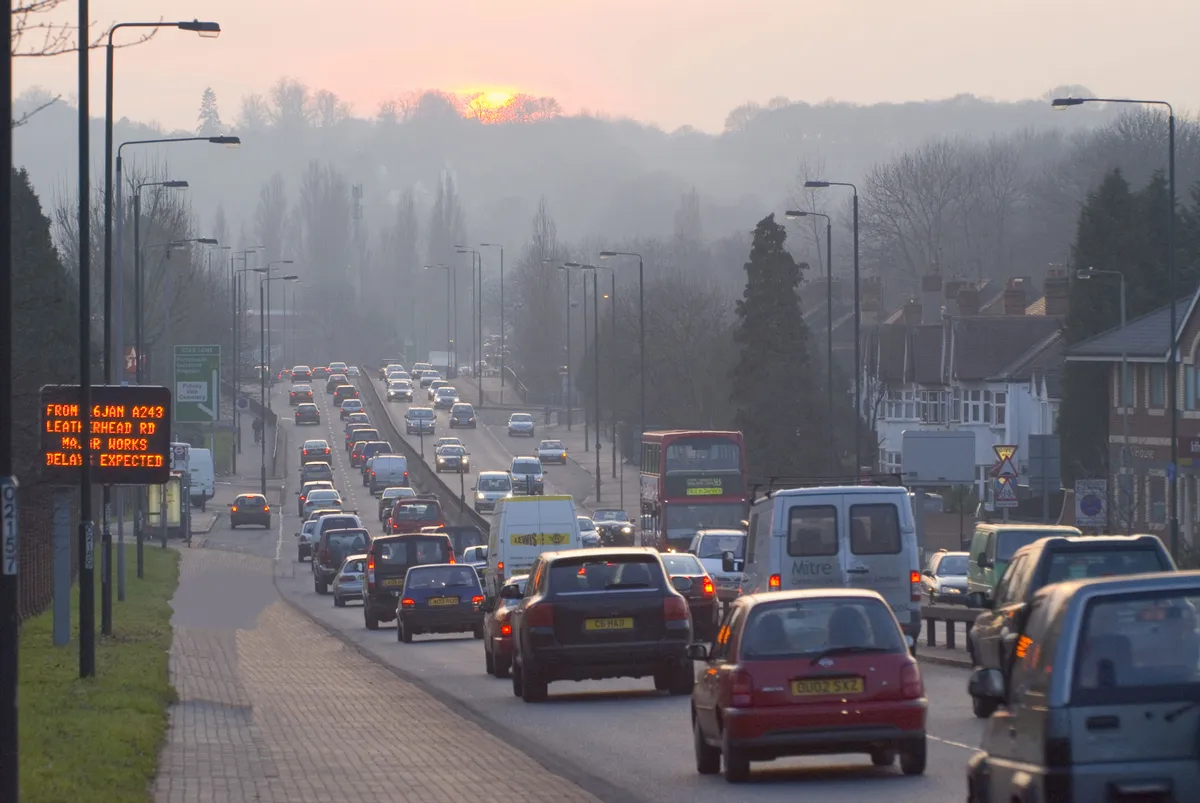Environmental and countryside organisations have broadly welcomed a new Environment Bill – but they caution that it may weaken powers to fine polluters and leave the government less accountable if fails to uphold standards in relation to air pollution and climate change.
Measures outlined in the Bill introduced to parliament during the Queen’s Speech include:
- setting an ambitious, legally-binding target to reduce fine particulate matter, PM2.5 by increasing local powers to address sources of air pollution
- establishing a Nature Recovery Network to improve protection for the England’s natural habitats
- supporting a ‘biodiversity net gain’ to ensure that the new houses are built in a way which protects and enhances nature
- giving communities a greater say in the protection of local trees
- introducing pricing powers to minimise the use and impacts of single use plastics
- increasing sustainable water management through securing long-term water and wastewater services that are resilient in the face of a changing climate

A new regulator will also be established to replace the jurisdiction of the European Union. The Office for Environmental Protection, which will employ 120 people and be based in Bristol, will scrutinise environmental policy and law, investigate complaints and take enforcement action against public authorities.
Further details of the Bill will be released in coming weeks and environmentalists will look to see how these will mitigate other government targets to expand aviation, fracking and North Sea drilling and build new roads. Many parts of the UK breach World Health Organization standards for fine pollution airborne particles while the Committee on Climate Change recently announced that, over the past year, the Government has delivered just 1 of 25 critical policies needed to get emissions reductions back on track.

The Wildlife Trusts welcomed many of the proposals but expressed concern that the intention appeared to implement these separately from major infrastructure projects rather than embedding them in core government policies. “We’re really pleased to see a commitment to creating local nature recovery strategies for the whole of England to support a Nature Recovery Network," said Dr Sue Young, head of land use planning and ecological networks for The Wildlife Trusts. "It’s very positive to hear that these will identify opportunity areas which show where action needs to be taken so that nature can recover.
“However, we are disappointed that major national infrastructure projects will not be subject to net gain – this means that the new legal requirement to make developers actively improve nature will not apply to the most damaging schemes – such as HS2."

The Country Land and Business Association (CLA) also welcomed the strategic vision offered by the Bill. "Long-term plans, environmental targets and embedding environmental principles will help provide the stability and clarity needed," said the CLA’s Director General Sarah Hendry. "We are equally pleased to see issues such as biodiversity net gain confirmed - which will encourage wildlife management on privately owned land and could provide a new source of income."
The CLA cautioned that the Bill’s proposals needed to be matched with long-term funding. "This is the vital piece of the puzzle we are now missing," said Hendry.
Several wildlife campaigners have expressed concern that the new Office for Environmental Protection will lack the teeth to enforce laws and fine offenders in the way that EU laws currently do. Greenpeace say a loophole in the law means the government will not be held to account legally on its green policies until 2037. The government says that it is normal to set targets well ahead of time.
"There have been few guarantees on the independence, resourcing or the strong enforcement powers of the new watchdog, the Office for Environmental Protection," said the Wildlife Trust’s Dr Young. The RSPB, while welcoming the broader aims of the Bill, also called for measures to ensure that the watchdog was ‘robust’.
The Bill applies only to England, though DEFRA says that more than half of its measures - such as those designed to drive up recycling rates - are designed to apply across the UK, with the consent of devolved administrations.
